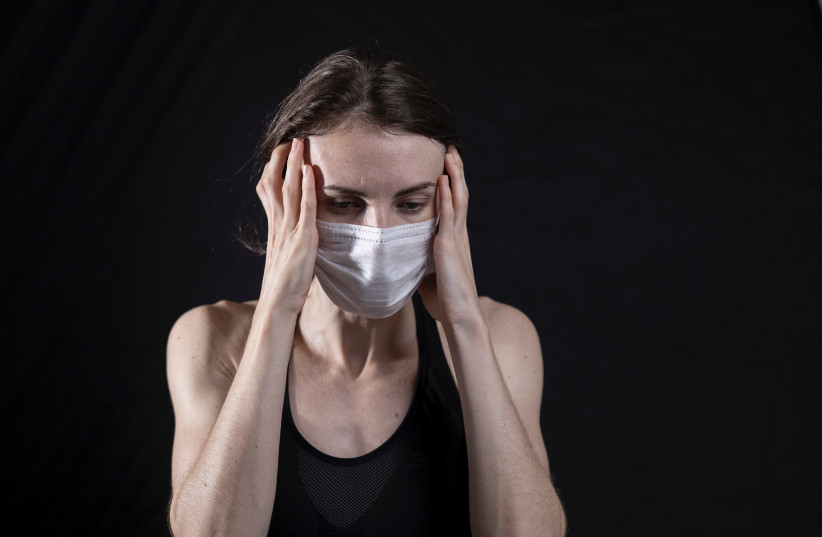Early-2020 survey data from over 3,000 adolescents aged 11-14 found that meaningful, supportive relationships with family and friends – along with physical activity and better sleep – appeared to shield against the harmful effects of the pandemic on the mental health of children young adults.
The research, published Monday in the peer-reviewed Journal of Adolescent Health, was supported by the National Institute on Drug Abuse (NIDA) and other entities at the US National Institutes of Health.
“Early adolescence is a time when youth are already experiencing rapid change physically, emotionally, and socially, and the COVID-19 pandemic has caused immense disruption to this sensitive stage in life,” said Nora D. Volkow, director of NIDA. “This study helps us understand how modifiable lifestyle factors affect the mental health and well-being of adolescents, and it can inform the development of interventions to protect youth during a major life stress.”
“This is important now, as we continue to grapple with the pandemic, and also in future crisis response at the local or national level,” Volkow continued.

Furthermore, girls were more likely to deal with stress, anxiety, depressive symptoms and other symptoms of psychological distress, according to predictors. Youth distress was further exacerbated by a lack of meaningful relations and more screen time, among other pandemic-related factors.
Researchers used machine learning methods to look for patterns of positive affect, anxiety, stress, and depressive symptoms across the surveys, ranking the variables according to their importance for predicting youth mental health outcomes. Of all the variables, positive relationship variables – such as making plans with loved ones – were the primary predictor of positive mental health, followed by physical exercise.
Conversely, more screen time activities, including social media and video games, as well as witnessing racism or discrimination heightened due to the coronavirus, emerged as important predictors for negative affect.
“Focusing on what you can do to support young people, like maintaining as much of a routine as possible, walking at least 10 minutes a day, and strengthening family relationships, really matters during times of stress,” said Fiona C. Baker, Ph.D., director of the Center for Health Sciences at SRI International, Menlo Park, California, and principal investigator of the ABCD (Adolescent Brain Cognitive Development) study site at SRI.
